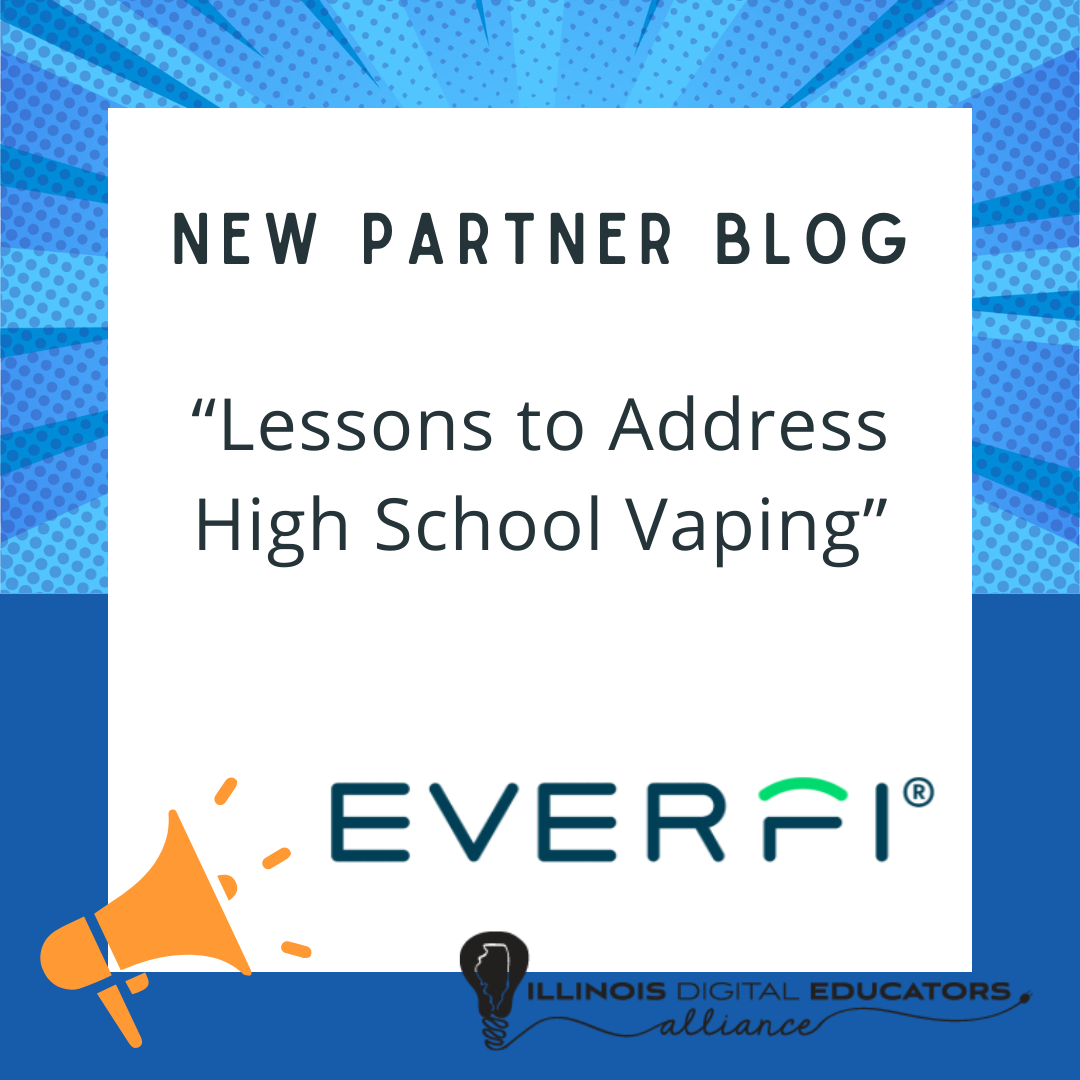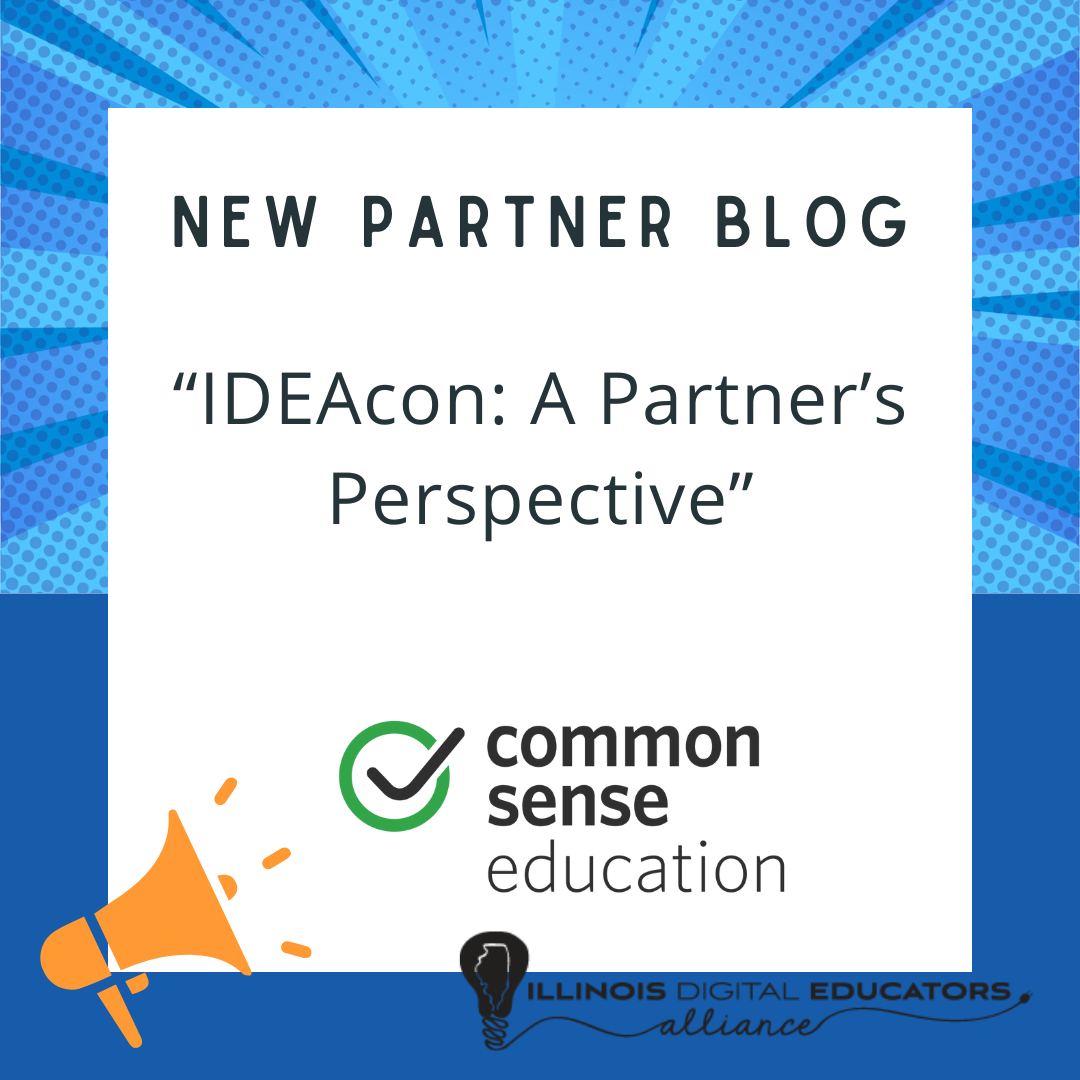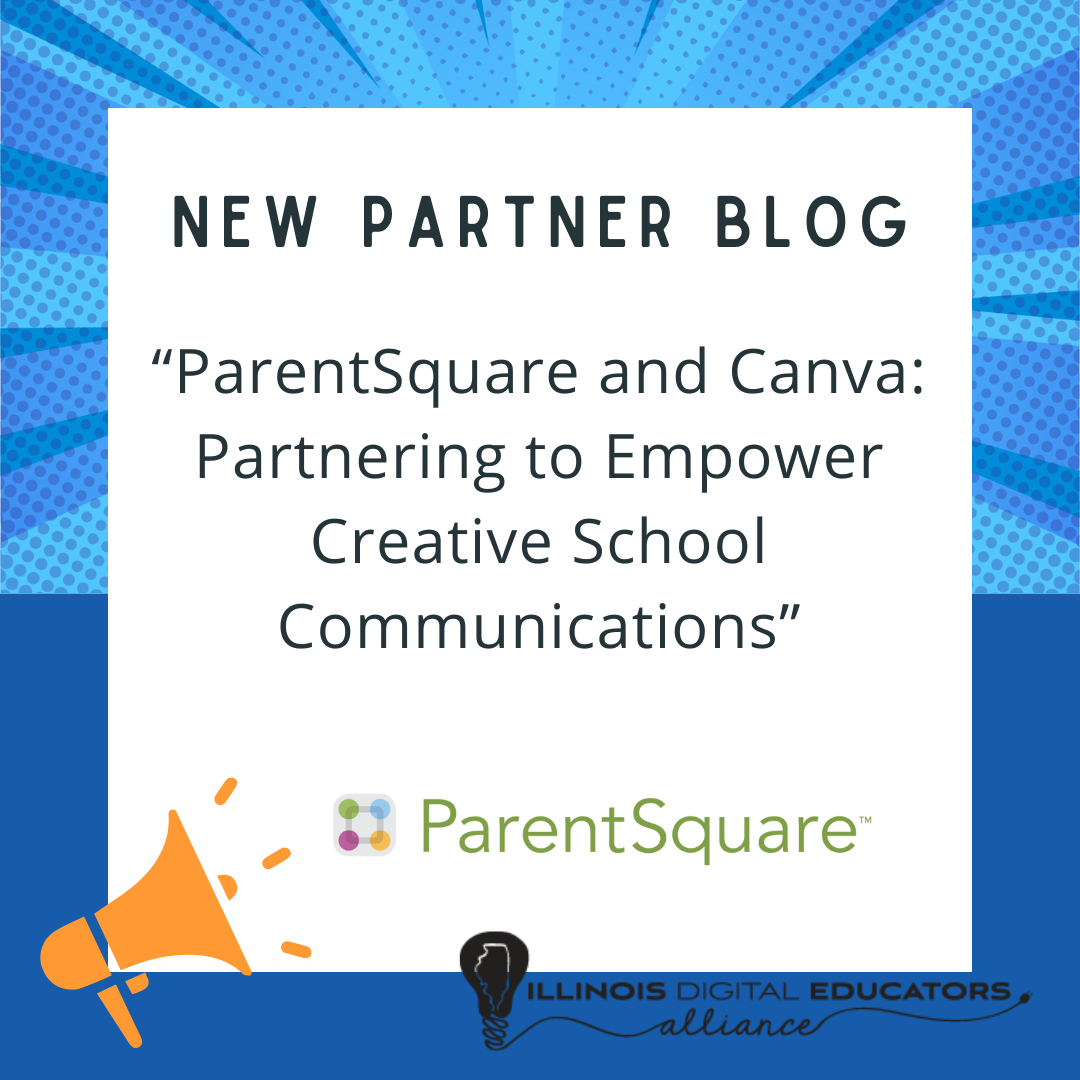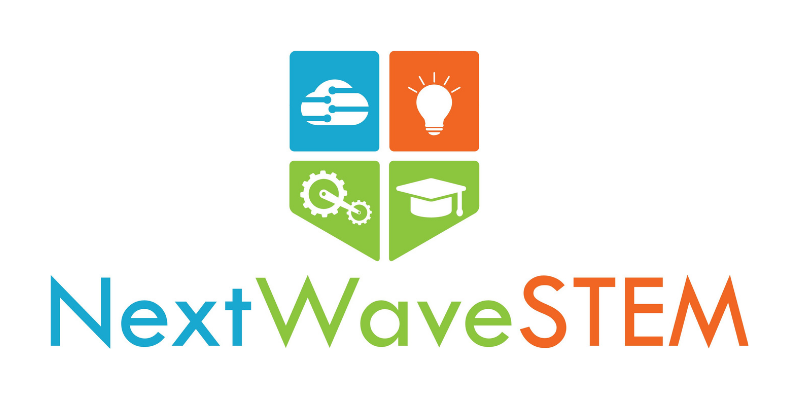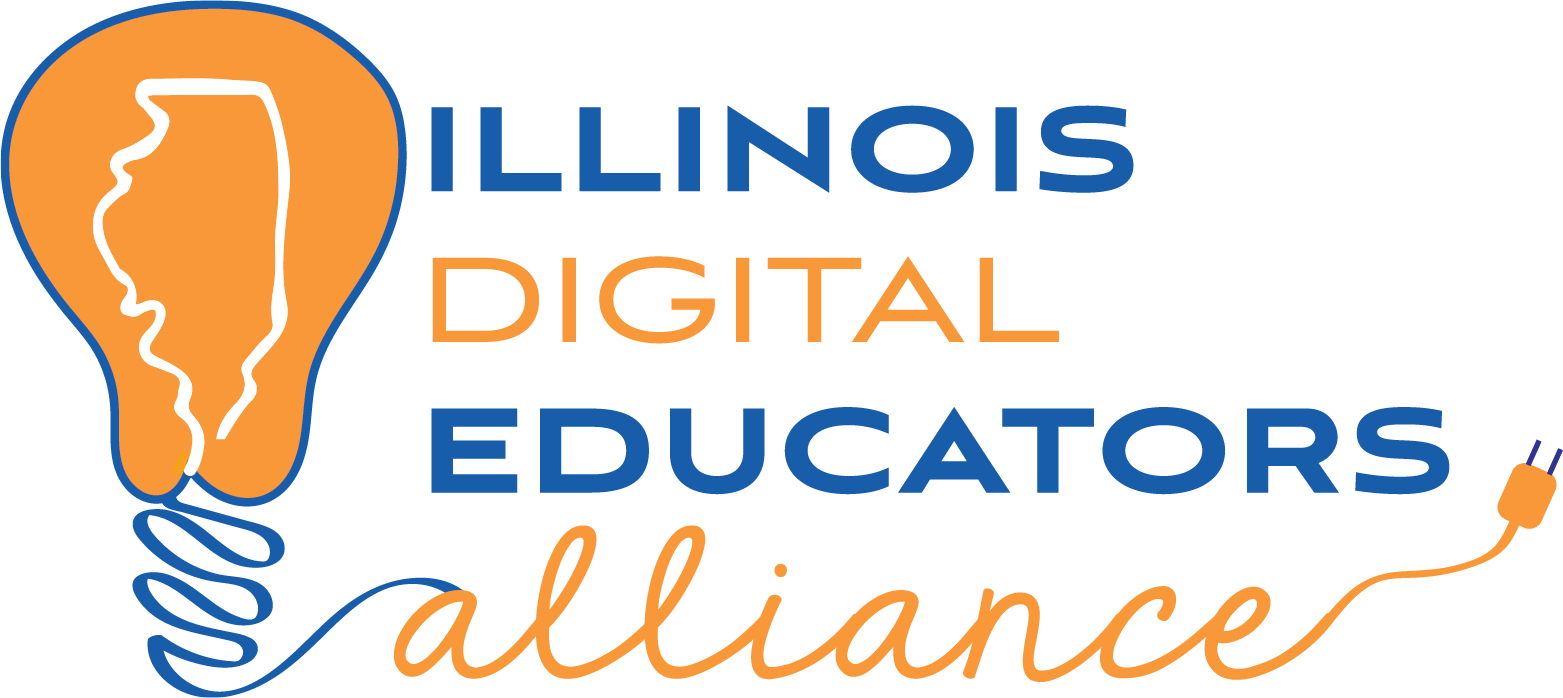Project Based Learning (PBL) in K-12 STEM Courses
Let’s first start off with what is project-based learning?
Project Based Learning known as PBL is a teaching method in which students learn by actively engaging in real-world and personally meaningful projects. PBL helps students develop skills for living in a knowledge-based, highly technological society.
It is no longer adequate to teach students facts passively and have them recited out of context in order to prepare them for life in the modern world. Students must possess both foundational skills (reading, writing, and math) and 21st-century skills in order to solve situations that are extremely complicated (teamwork, problem-solving, research gathering, time management, information synthesizing, utilizing high-tech tools). With this set of abilities, students may take control of and manage their learning process while being directed and supervised by an experienced teacher.
By bringing real-life context and technology to the curriculum through a PBL approach, students are encouraged to become independent workers, critical thinkers, and lifelong learners. Teachers can communicate with administrators, exchange ideas with other teachers and subject-area experts, and communicate with parents, all the while breaking down invisible barriers such as isolation in the classroom, fear of embarking on an unfamiliar process, and lack of assurances of success.
PBL is not just a way of learning; it's a way of working together. If students learn to take responsibility for their own learning, they will form the basis for the way they will work with others in their adult lives.
There are objectives behind PBL which are:
The desired outcomes of project-based learning stretch far and wide and can vary by school, teacher, and institution. However, project-based learning objectives aren’t all that different from the characteristics outlined above, and its purported benefits.
Still, here are some of the common objectives of project-based learning:
- Integration of knowledge and skills from various areas through more complex investigations and multi-disciplinary projects
- Autonomous learning encouraged through independent research of unstructured problems
- Teamwork, which helps prepare students for a social environment
- Self-evaluation and self-criticism encourage students to see beyond their own ideas and knowledge.
All of NextWaveSTEM’s courses offer a hands-on approach, and most of them end with a multi-lesson project where students have to put what they learned in their robotics, drones, 3D printing, artificial intelligence, and innovation classes to the test.
Contact us to bring our Project Based Learning courses to your school!

At NextWaveSTEM, Michael is the Director of School Engagement, who has helped hundreds of schools across the country to create and develop sustainable STEM learning opportunities. With a focus on emerging technologies and environmental sustainability, he's passionate to continue helping students wherever he can.
RECENT ARTICLES
